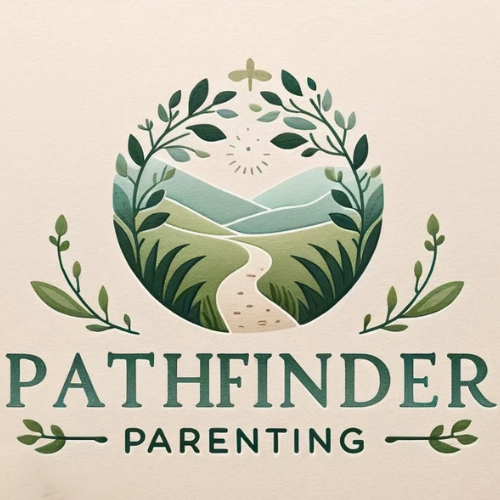The journey of raising children is a beautiful yet chaotic ride. Amid the whirlwind of responsibilities and tasks that come with being a parent, finding a moment of calm can often seem elusive. However, integrating mindfulness practices into your daily parenting routine can bring about a comforting sense of calm and clarity. In this journey towards mindful parenting, the key is to start small and embrace the process, one breath at a time.
Practicing mindfulness as a parent can help develop greater awareness of the present moment. This not only promotes better communication but also helps establish a deeper connection with your child. However, mindfulness is not limited to improving our interpersonal relationships. It also plays a significant role in emotional regulation, enabling parents to manage emotions effectively. This way, we can respond to challenging situations with more patience and compassion.
A mindful approach to parenting also sets a positive example for our children, teaching them valuable skills for self-awareness and emotional well-being. Above all, through mindfulness, we can model behaviors that we want our children to learn and emulate.
Starting small is the way to go when incorporating mindfulness into your busy life. You can simply begin by taking a few moments each day to focus on your breath. This quick and simple practice can help you center yourself amidst the chaos and equip you to handle your day more efficiently.
Practicing mindfulness in your everyday activities can also contribute significantly to your journey towards mindful parenting. Whether you’re engaged in household chores, in playtime with your child, or simply taking a walk in the park, make it a point to bring your full attention to the time at hand. This practice helps you appreciate the little joys of life and savor the beauty in the ordinary.
Mindful communication is another crucial aspect of mindful parenting. Active listening, or the art of truly hearing your child, is a powerful tool to establish this connection. It involves being fully present, making eye contact, and really listening to what your child is saying. This helps to show that you value and understand their words.
Using “I” statements is another effective strategy to encourage open communication with your child. This approach should be used to express your thoughts and feelings without sounding confrontational.
Setting healthy boundaries and limits is a necessary part of mindful parenting. It involves communicating your expectations and the consequences of overstepping these boundaries, and sticking to them consistently. This not only helps to establish trust and predictability but also teaches children about respect and personal limits.
During challenging situations, such as tantrums and meltdowns, mindfulness techniques can be invaluable. An important strategy in these moments is to anchor yourself in the present and stay calm. This provides a sense of stability for your child, helping you both navigate the situation together.
Practicing empathy, and trying to see the situation from your child’s perspective, also plays a key role in staying connected with your child during difficult times. When your child is upset or frustrated, acknowledging their feelings, validating their emotions, and offering comfort can create a secure emotional bond that helps your child feel understood and supported.
The journey towards incorporating mindfulness practices into your everyday parenting may seem daunting initially, but with patience and persistence, it can strengthen your bond with your children. Remember, the little moments of presence and awareness add up to create a more nurturing and fulfilling parenting experience. Embrace the process, be gentle with yourself, and trust that these small steps towards mindfulness will lead to significant transformations in your family dynamic.
